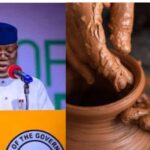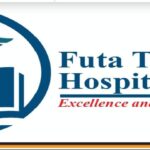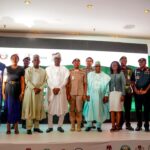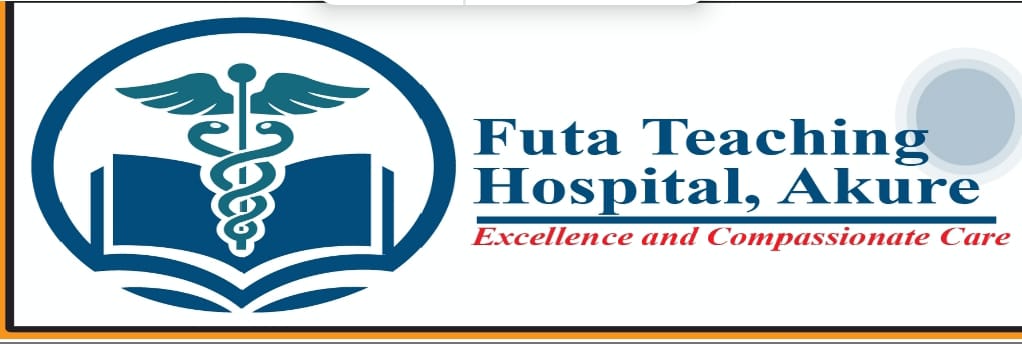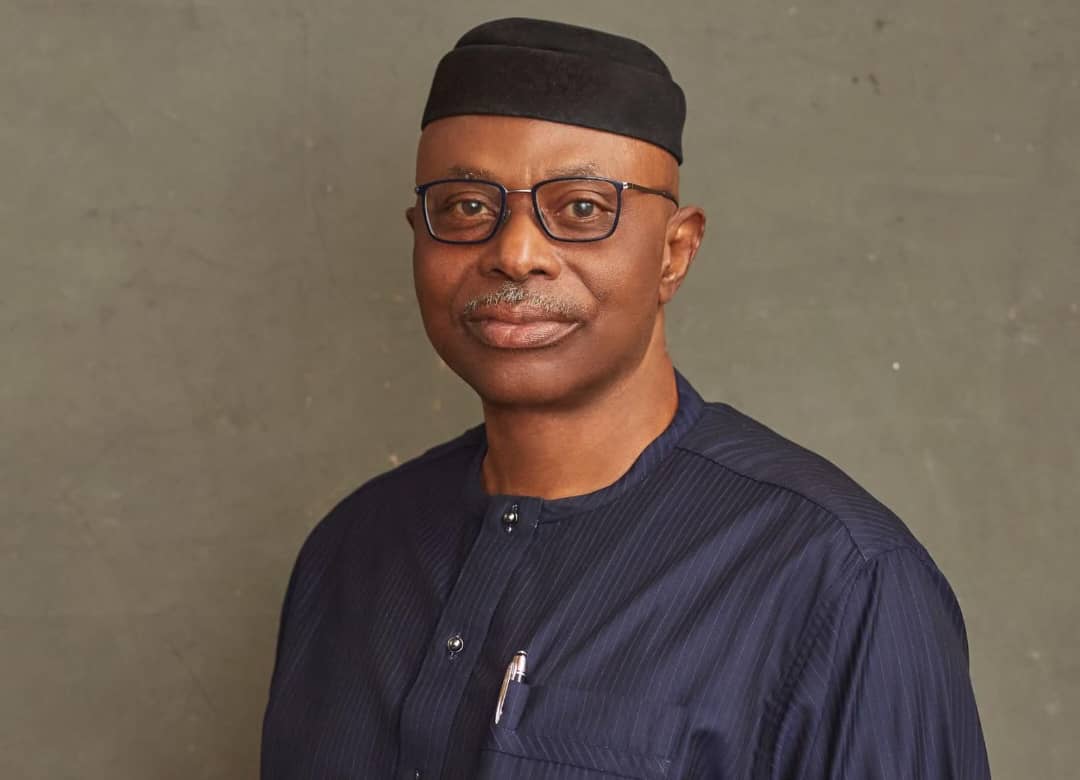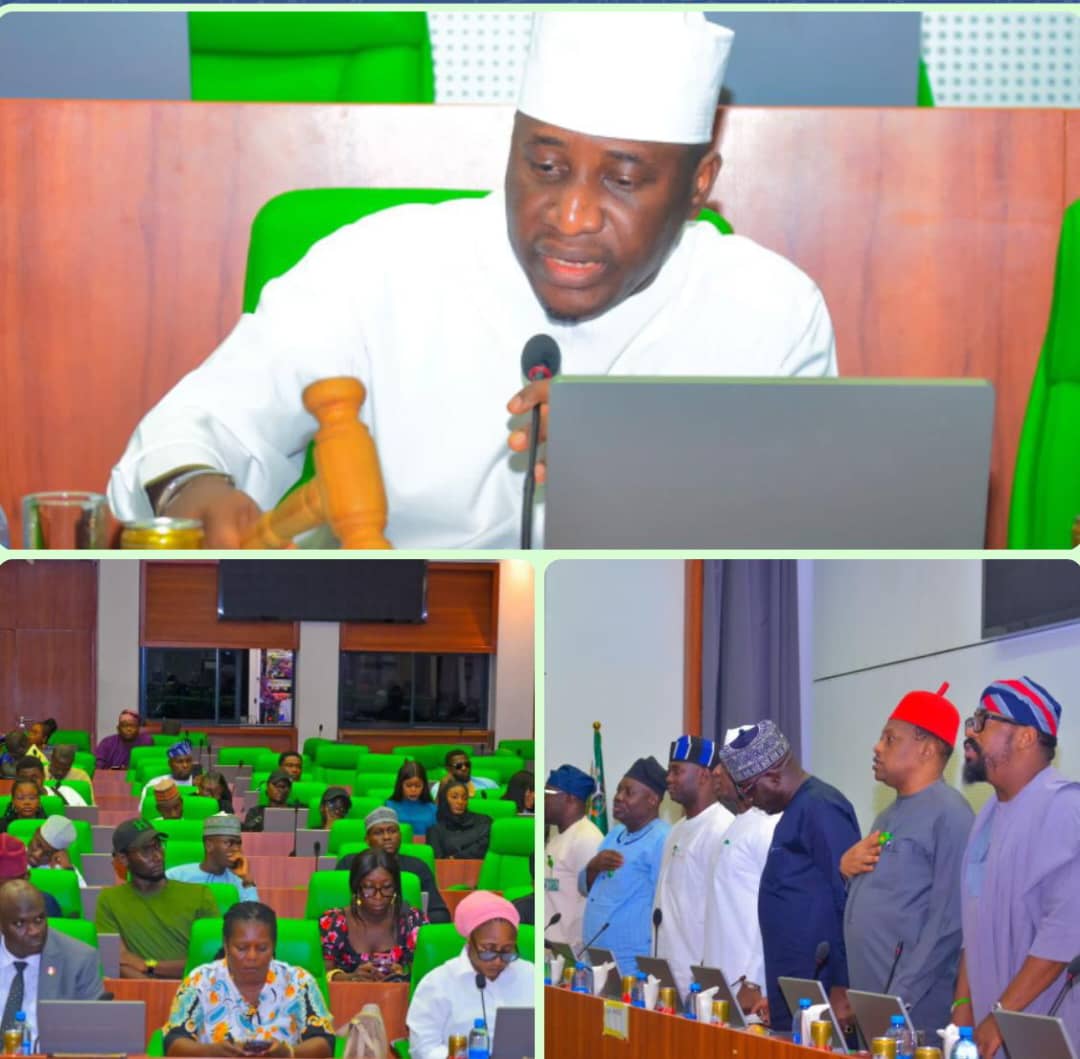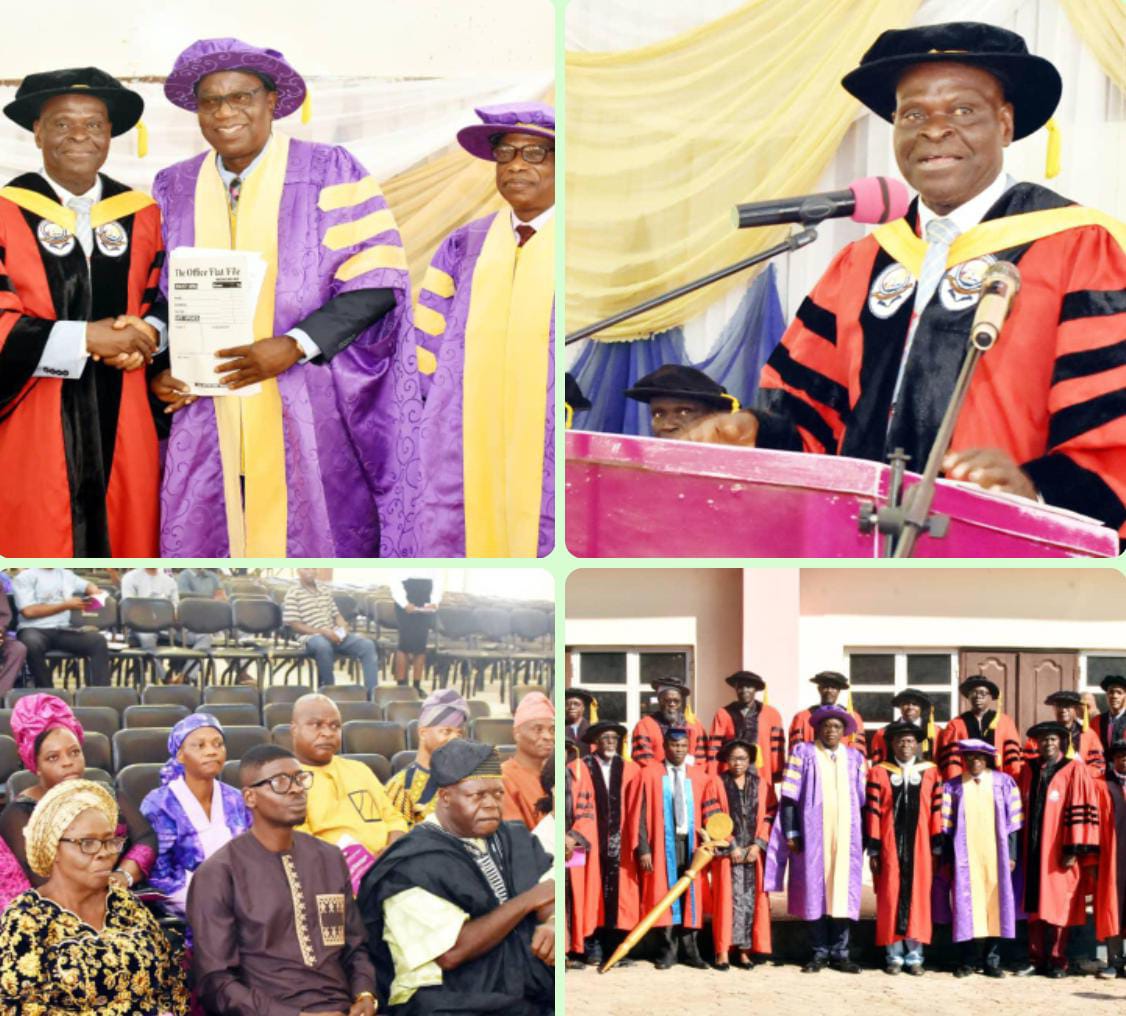The Daramola Adesuyi Foundation recently conducted its 2024 Career Counseling Program in Ondo East Local Government,which is an area with rural communities.
The program aimed to provide adequate support and guidance to the students while making decisions about their career paths.
The program took place at four secondary schools,which include Holy Trinity Secondary School at Italuowo, Ekimogun Grammar School at Bolorunduro, Epe Community Grammar School,Epe and Owena Secondary School,Owena.

In total, Across different secondary schools in Ondo East Local Government, the 2024 DAF Career Counseling Program has made a significant impact on the lives of 50 students who received free UTME pre forms and 100 students who are eager to participate in the Skill Up Development Program.


In a different vein, during the program, the DAF was able to identify numerous challenges associated with access to quality education and rural literacy. These challenges were identified to hinder the possibility of enhancing educational opportunities for rural communities.

IDENTIFIED CHALLENGES
- The lack of adequate infrastructure in rural schools. Many schools in the rural communities lack basic facilities such as conducive classrooms, libraries and computers, which are essential for providing quality education.
- The shortage of qualified teachers in the rural schools. It is actually evident, that rural communities struggle to attract and even retain qualified teachers, leading to a lack of consistency in education delivery. This shortage ofcourse, limits the opportunities for students to receive personalized support and guidance.
- The lack of access to educational resources such as writing materials and technology, which dwarf the students’ academic progress and also limits their exposure to new ideas and opportunities.
- Inadequate parental involvement in rural education. Many parents are not actively engaged in their children’s education.
SUSTAINABLE RECOMMENDATIONS
The current administration in Ondo State, is already putting a lot of effort in ensuring that the sunshine state becomes a template for others to emulate when it comes to reaching the grassroots with quality education.
Nonetheless, the DAF has also came up with few recommendations for the government, which will not just be a lasting but sustainable solution to enhance rural literacy, especially on strategic partnerships with NGOs.
- By formalizing collaborations via MoUs, establishing Community Education Hubs, and incentivizing NGOs through capacity-building grants,while the government can leverage the expertise and resources of the NGOs to address the prevalent challenges encountered by the rural communities in accessing quality education.
- By establishing clear guidelines and expectations for collaboration, the government can ensure that NGOs operate in alignment with national education goals while leveraging their grassroots knowledge and innovative approaches to address the specific needs of the rural communities. This will also provide NGOs with the legitimacy needed to operate effectively within rural contexts, fostering a more cohesive and coordinated approach to improving rural literacy.
- The government should consider establishing Community Education Hubs in rural areas, co-managed by NGOs and local authorities. These hubs would serve as centralized locations for educational activities, including teacher training, adult literacy programs and resource distribution. By bringing together the expertise of NGOs in the rural communities, these hubs can provide tailored solutions to address these challenges faced by the rural communities.
- The government can incentivize NGOs to engage in rural education via capacity-building grants and streamlined regulatory support. By reducing bureaucratic hurdles and offering financial support for innovative NGO-led projects, the government can motivate sustained engagement in rural education initiatives. This approach will recognize the NGOs not only as implementers but as co-creators in shaping a sustainable and inclusive educational system that benefits rural communities in the long term. Identifying these challenges and proffering a holistic approach as elucidated above, we can work towards creating a more equitable and inclusive education system for all students, regardless of their localities and the rural communities can witness improved literacy, empowerment and long-term socio-economic merits.



